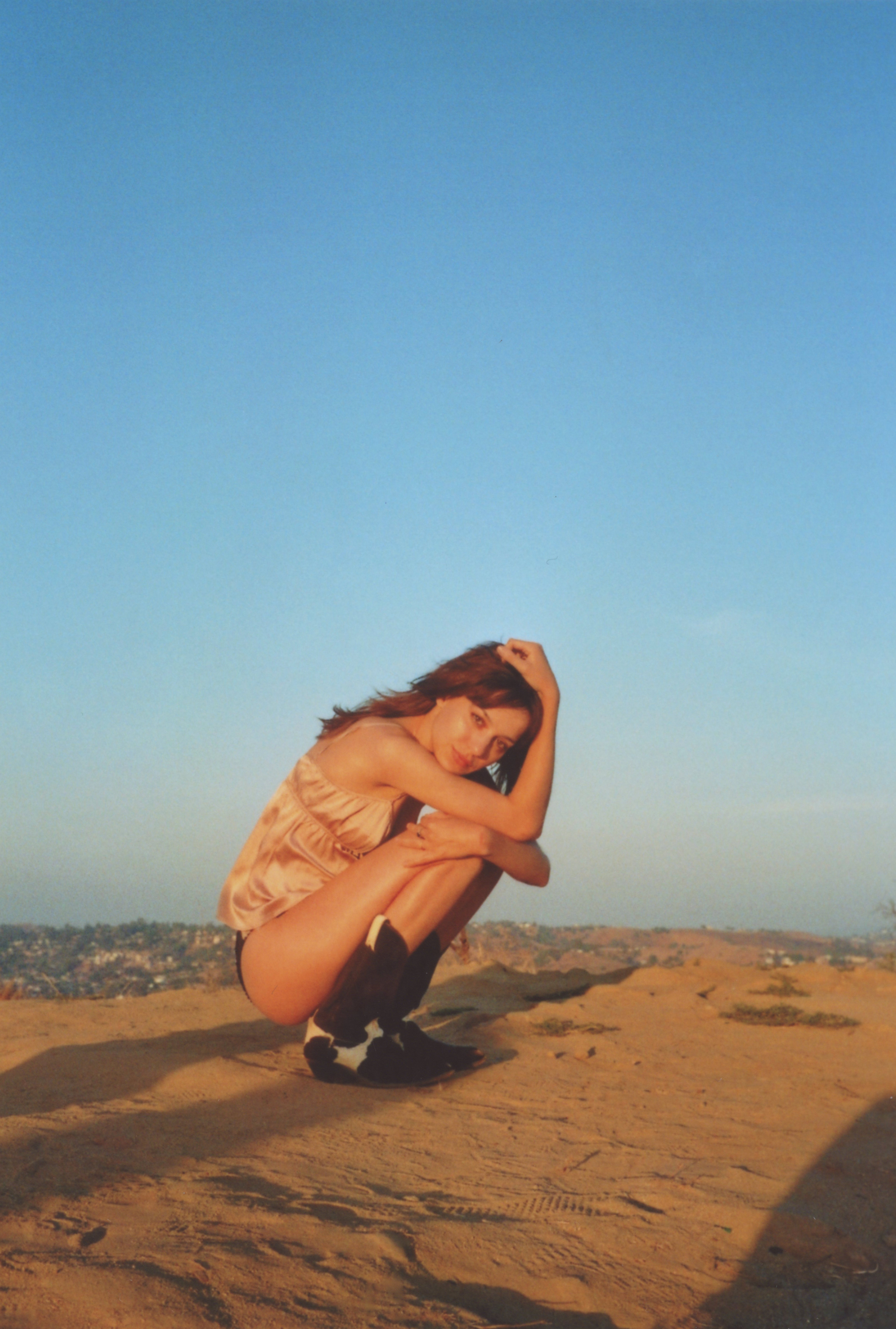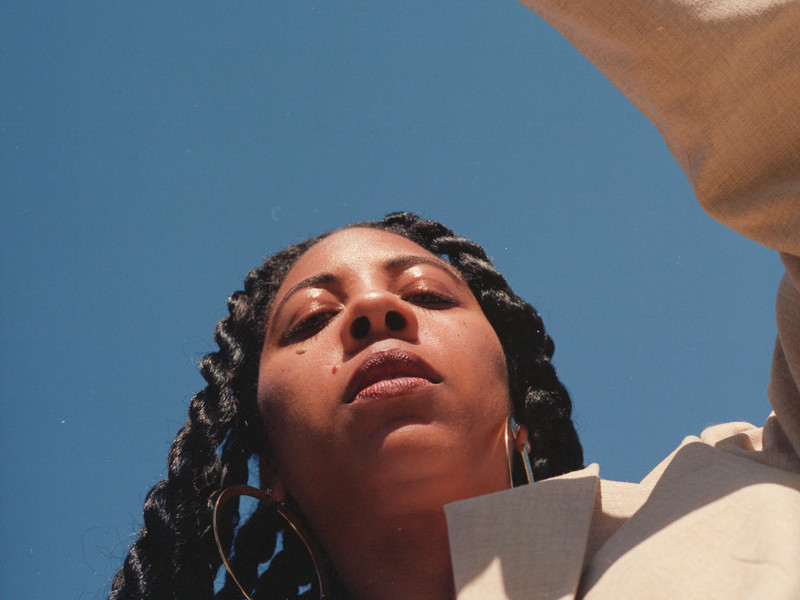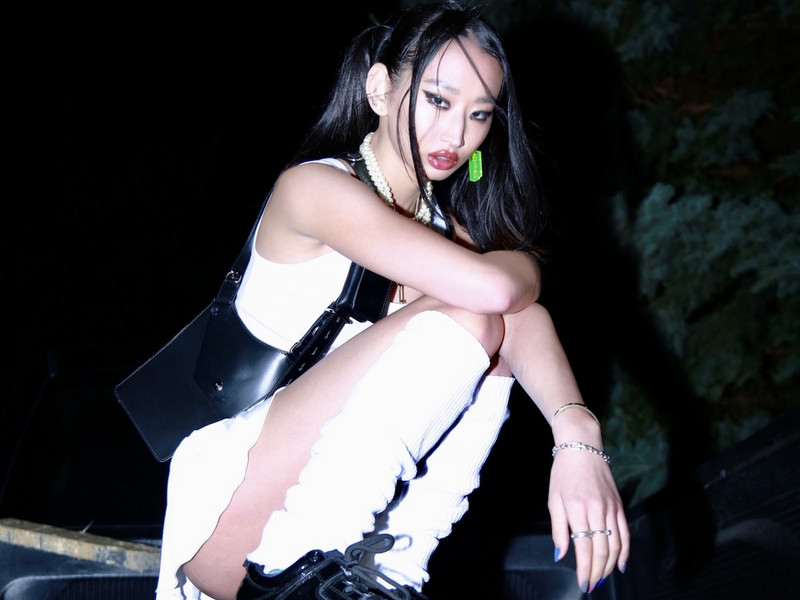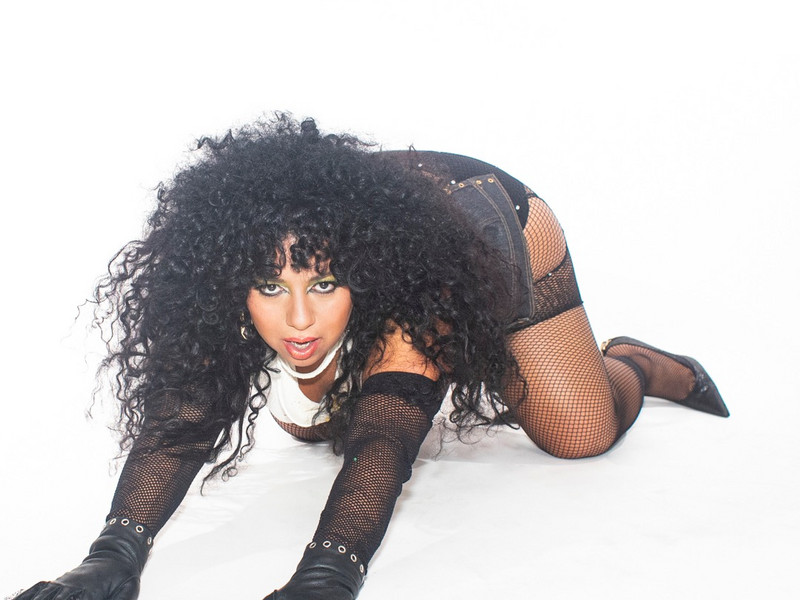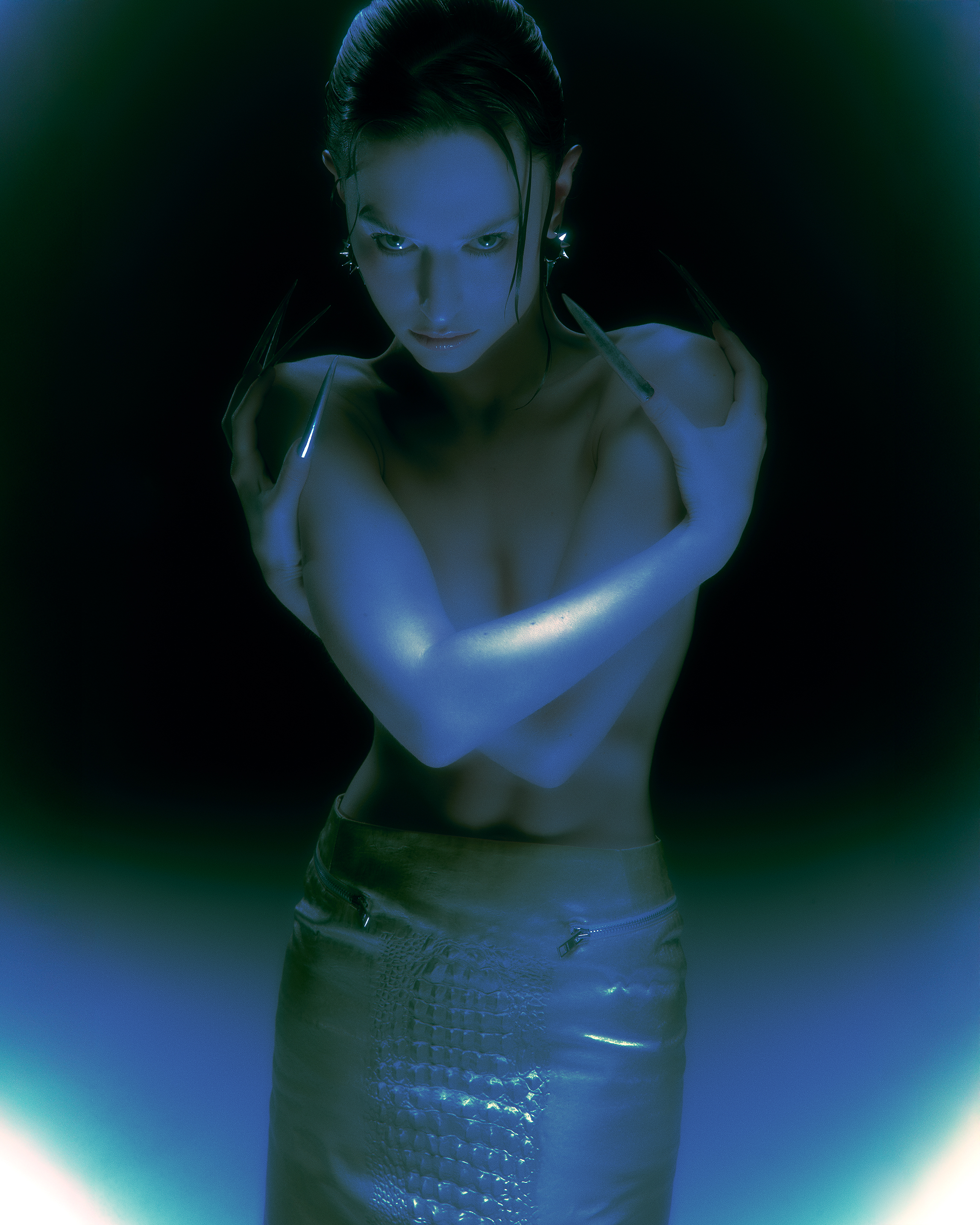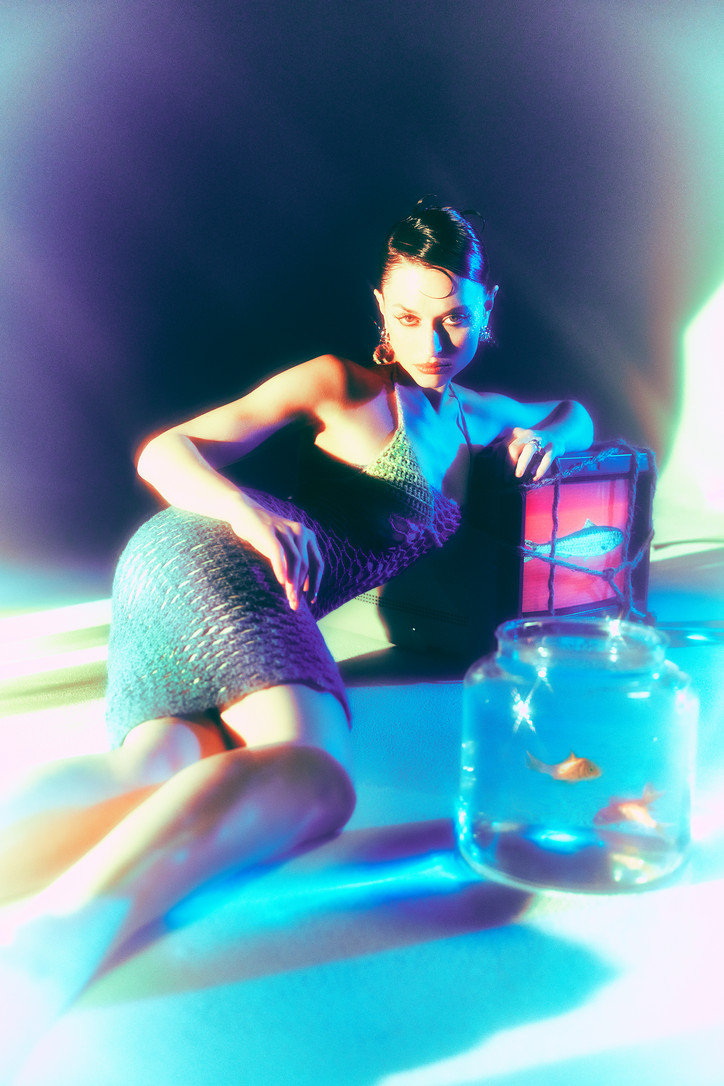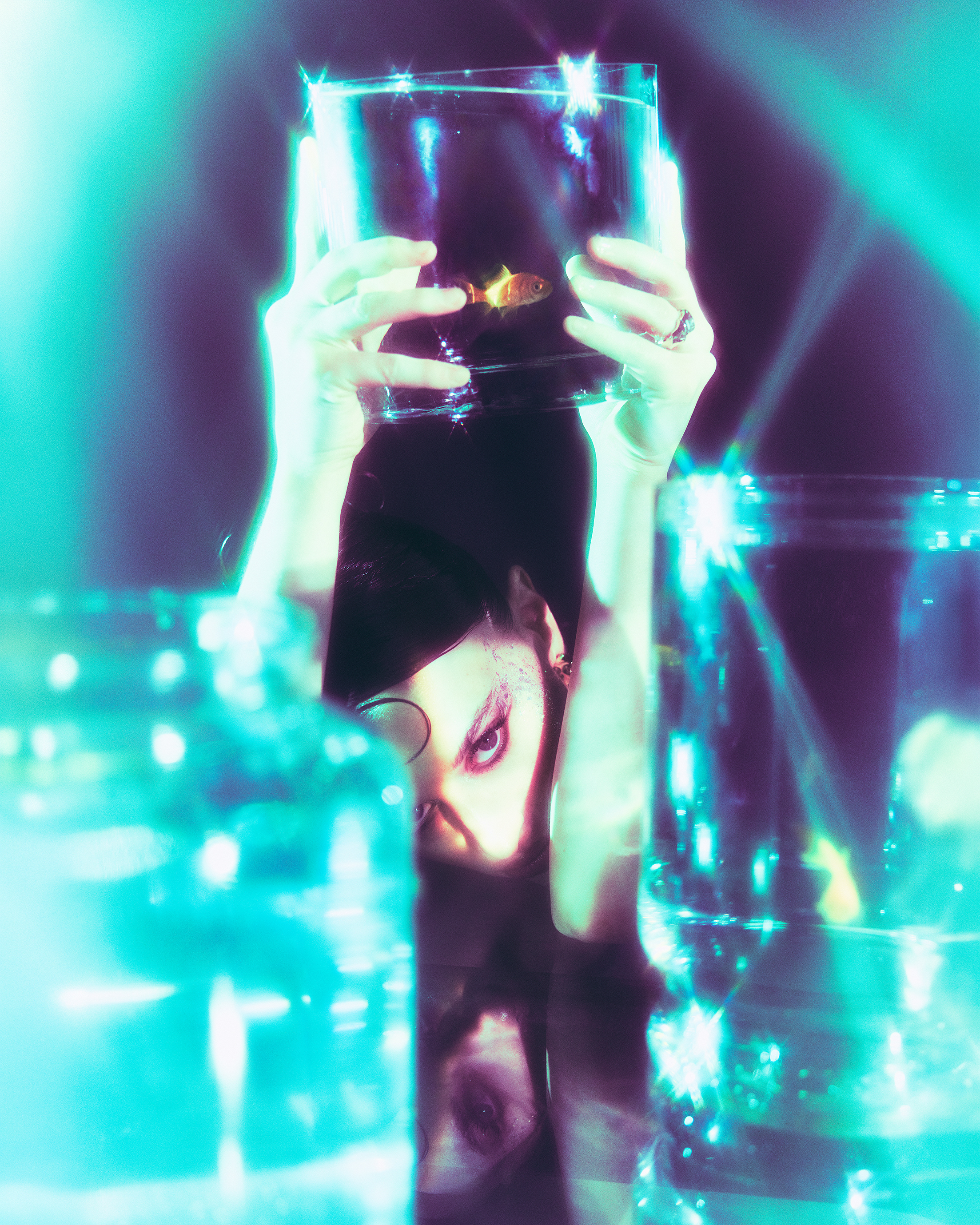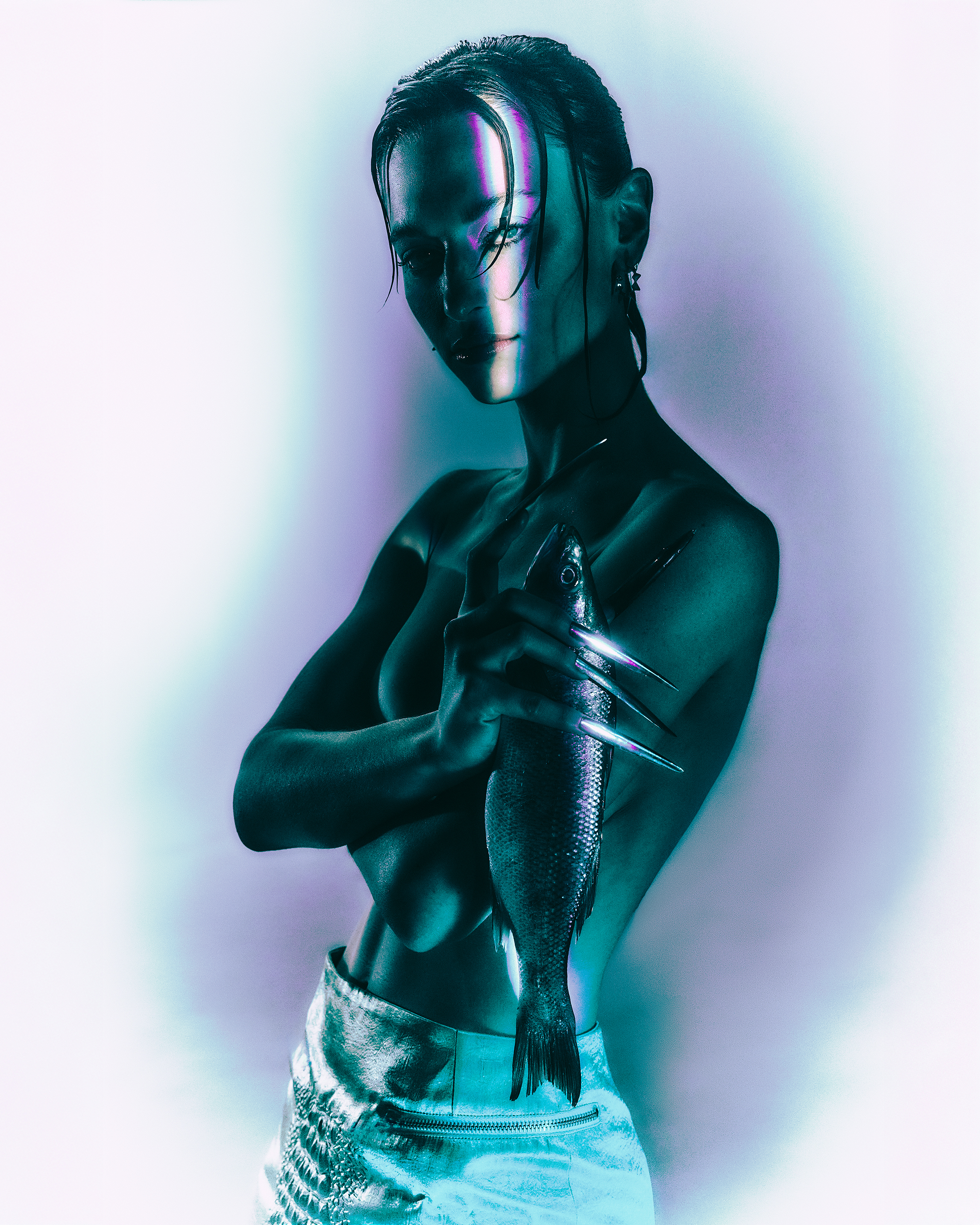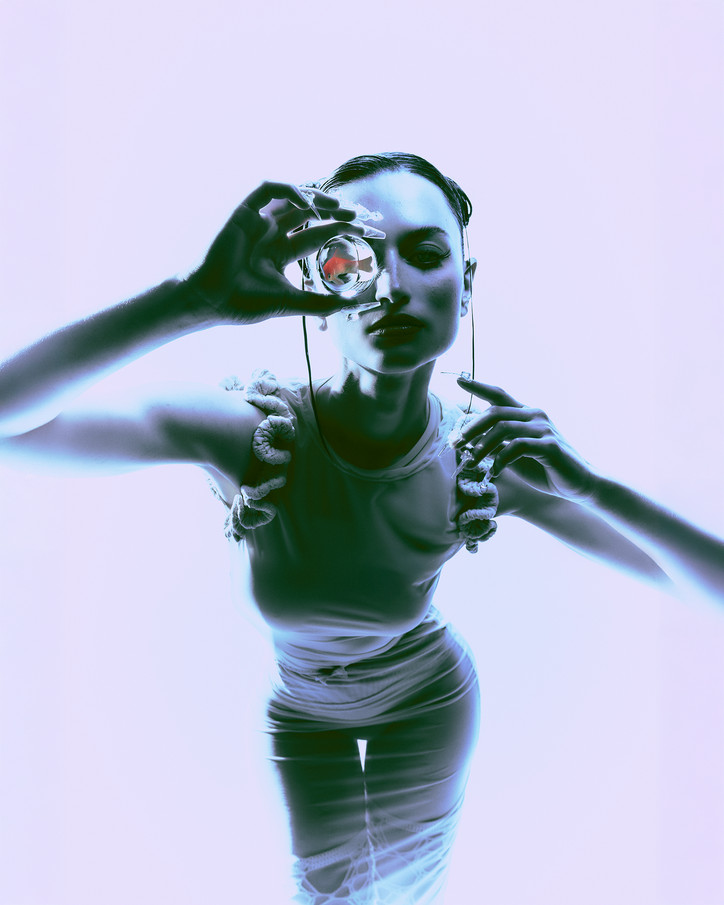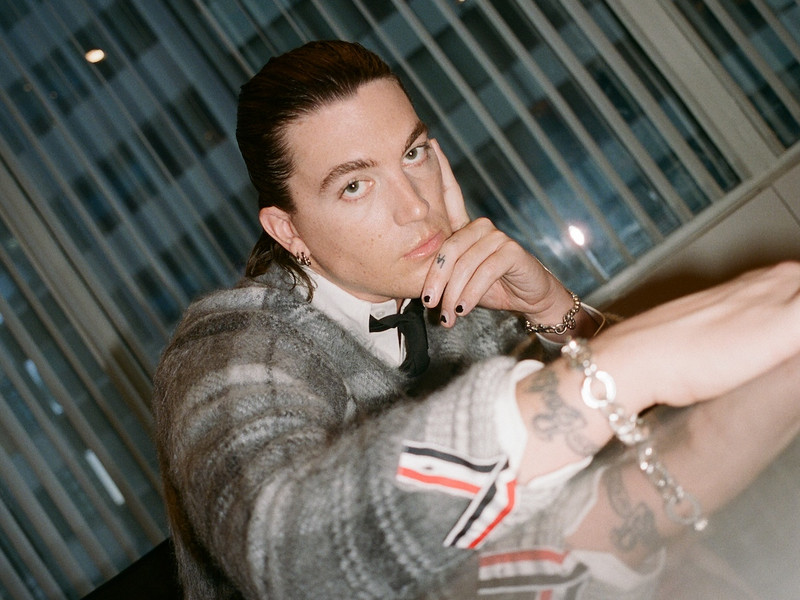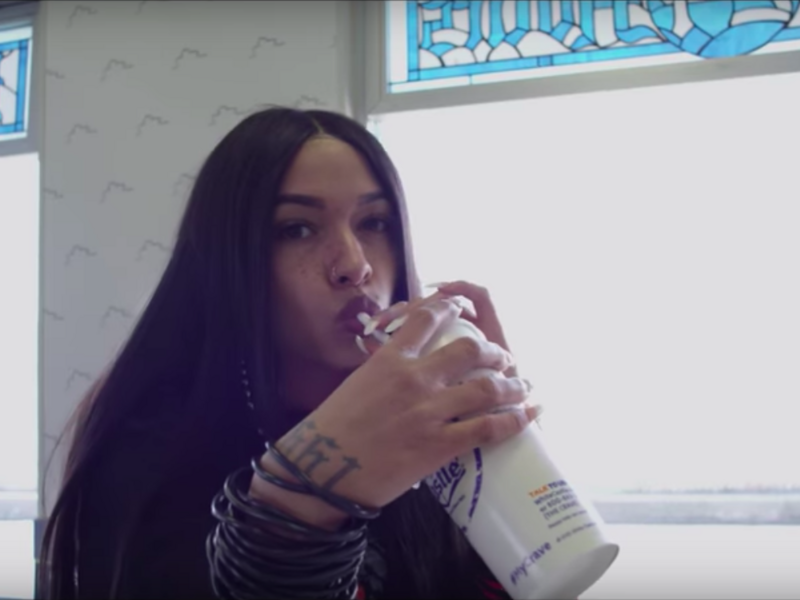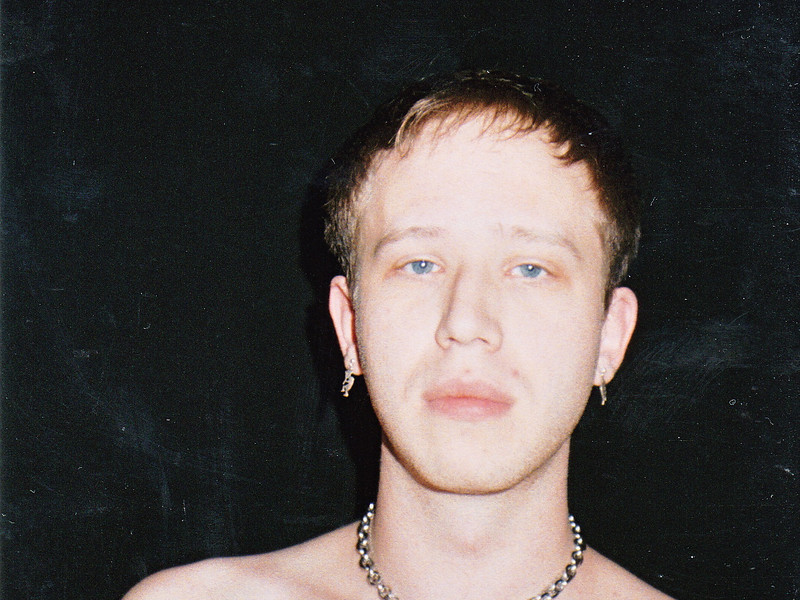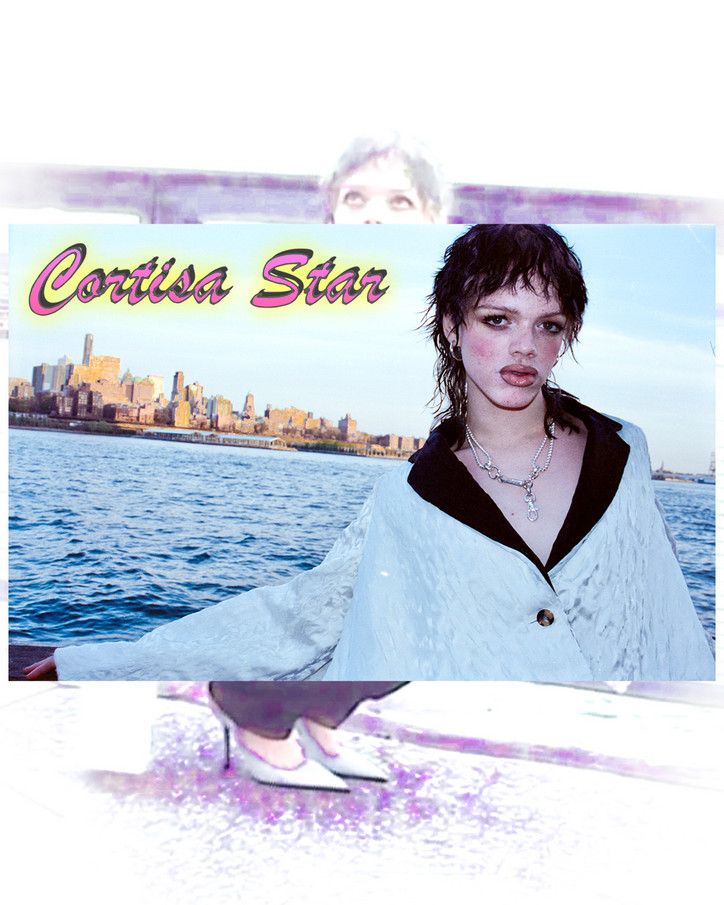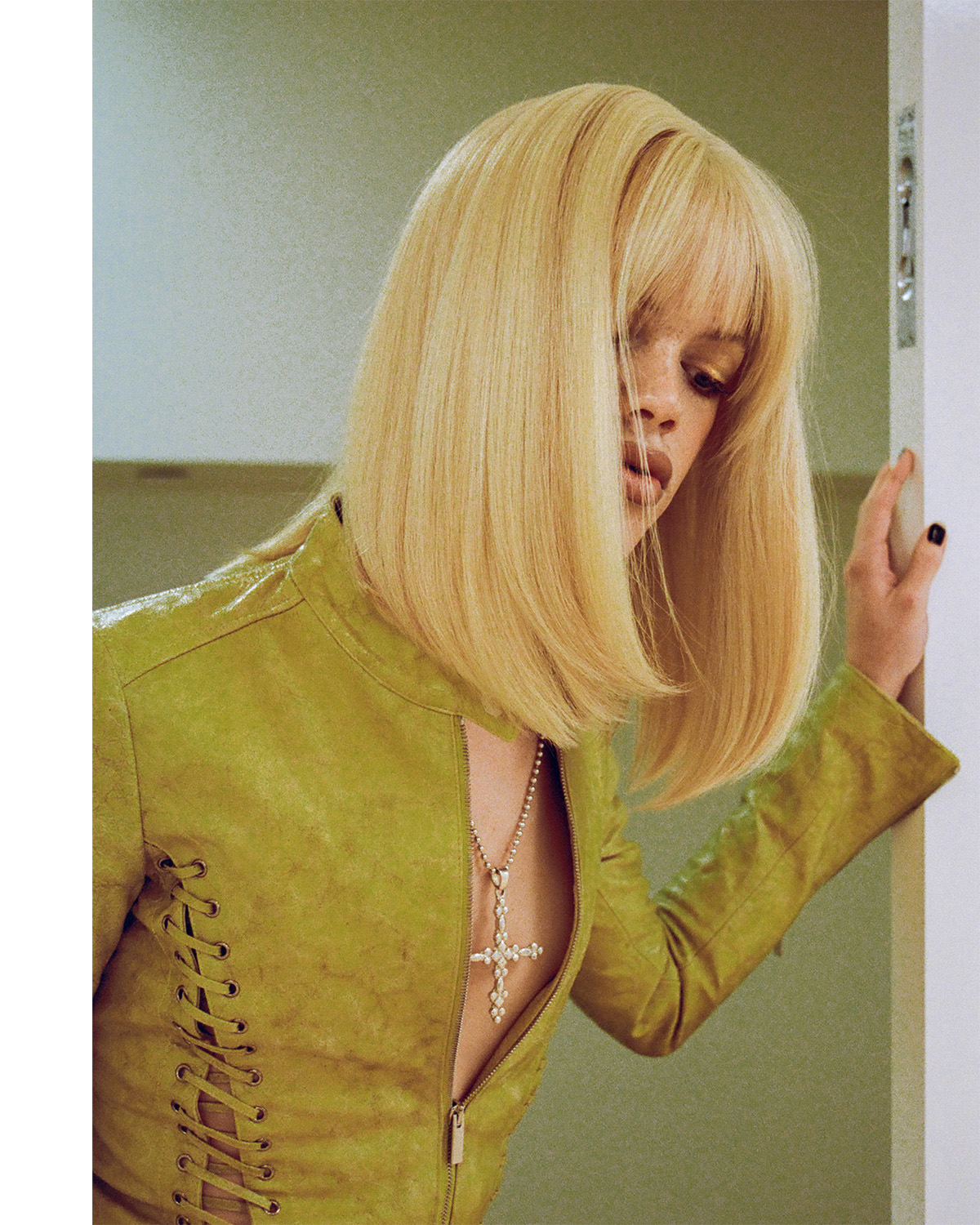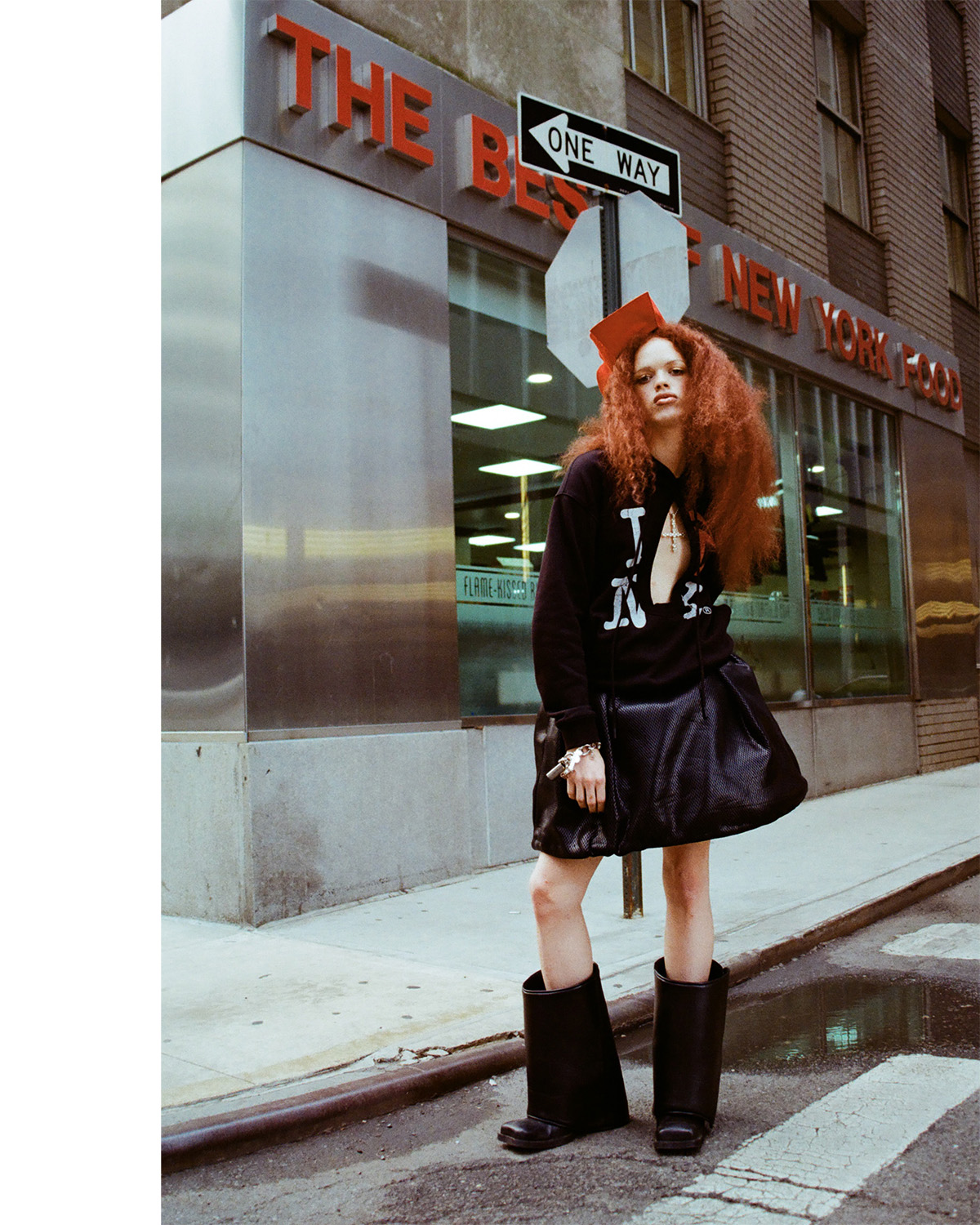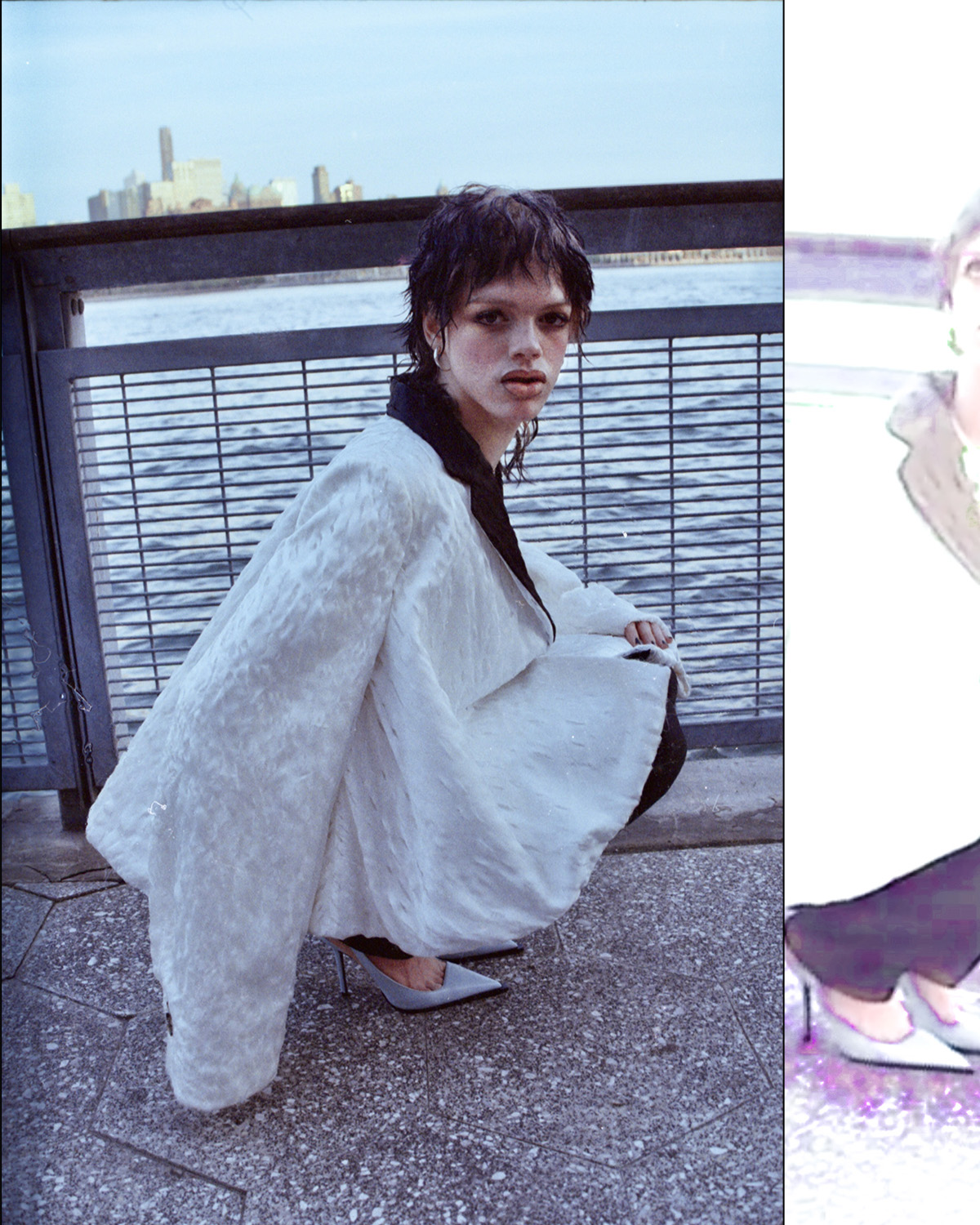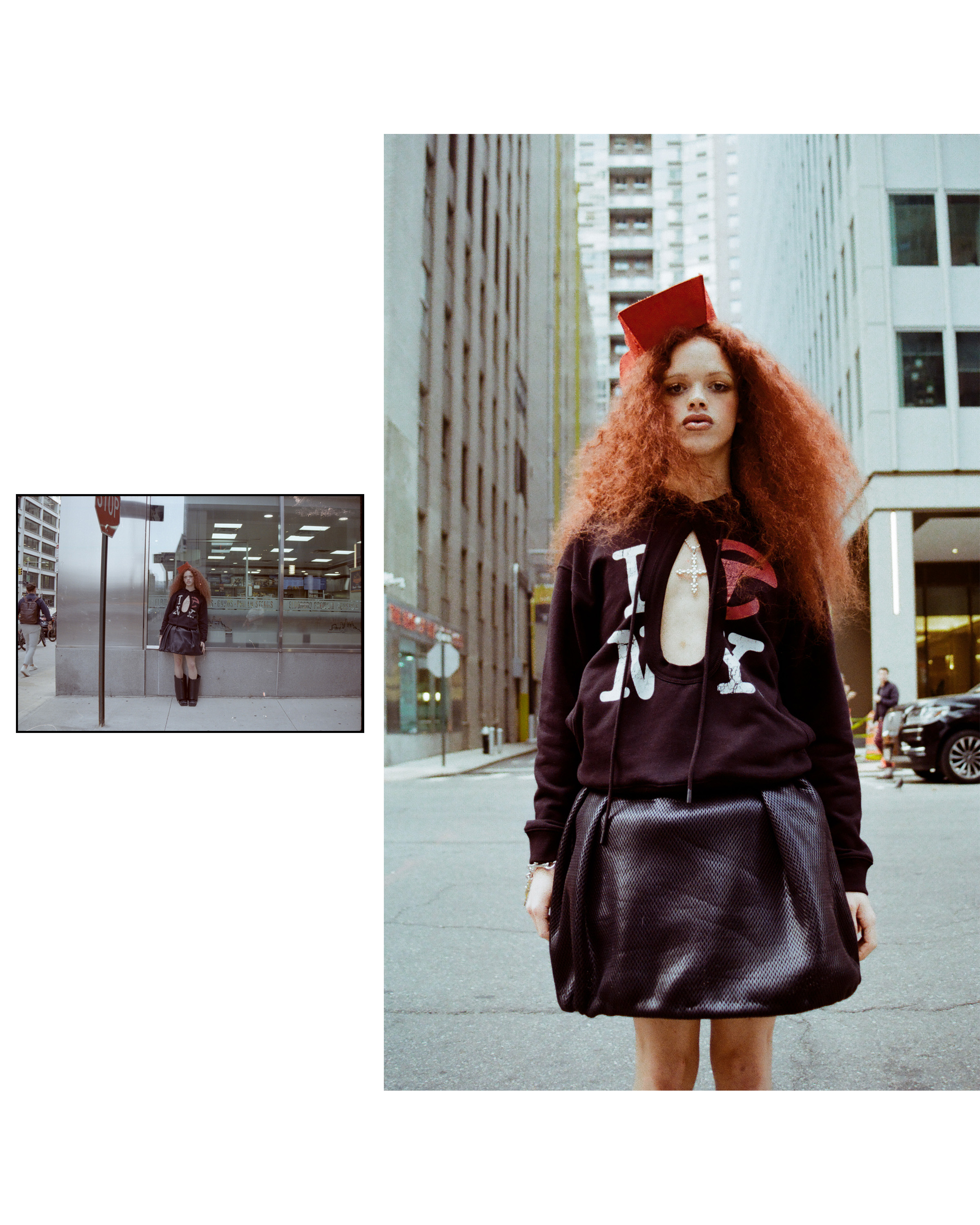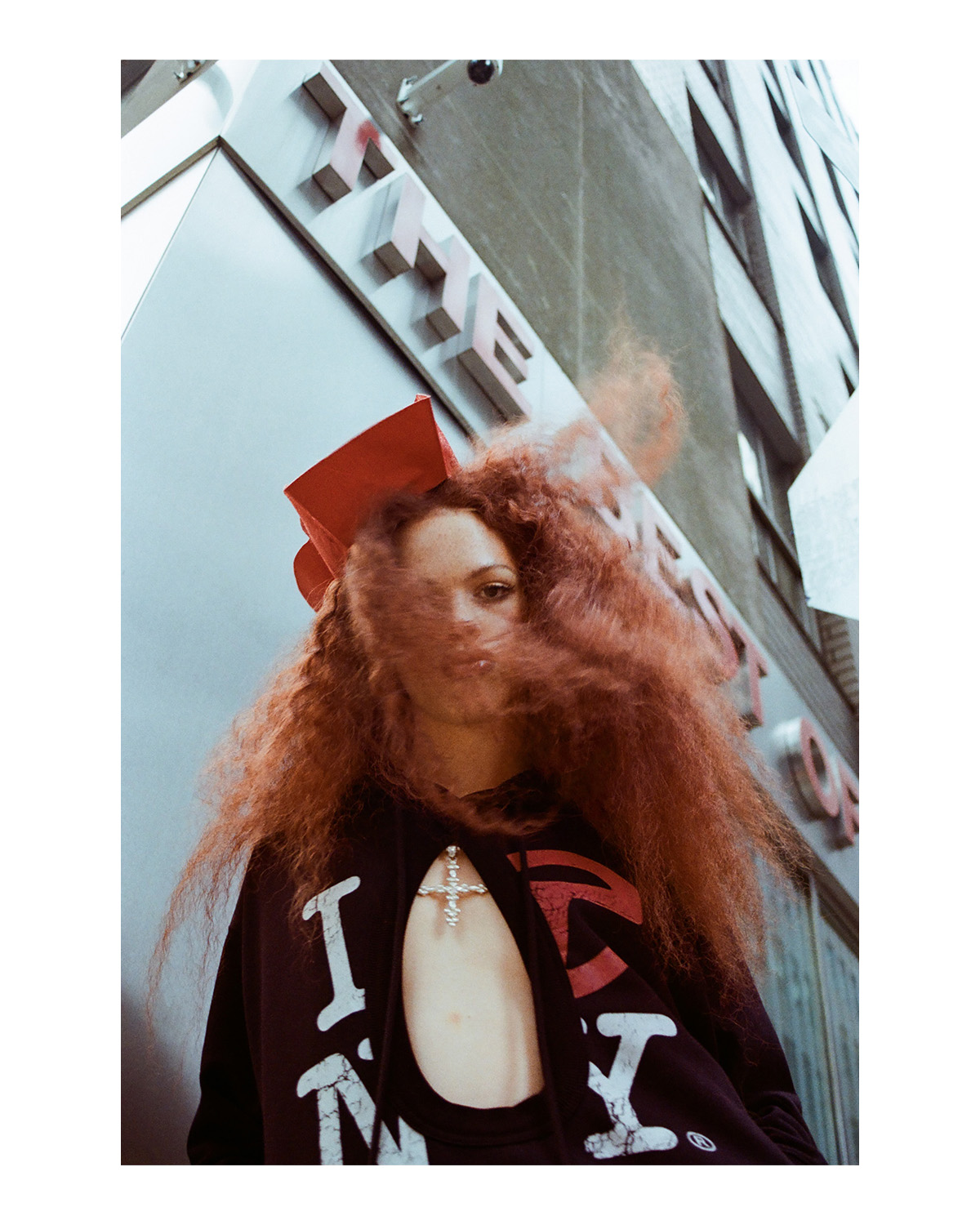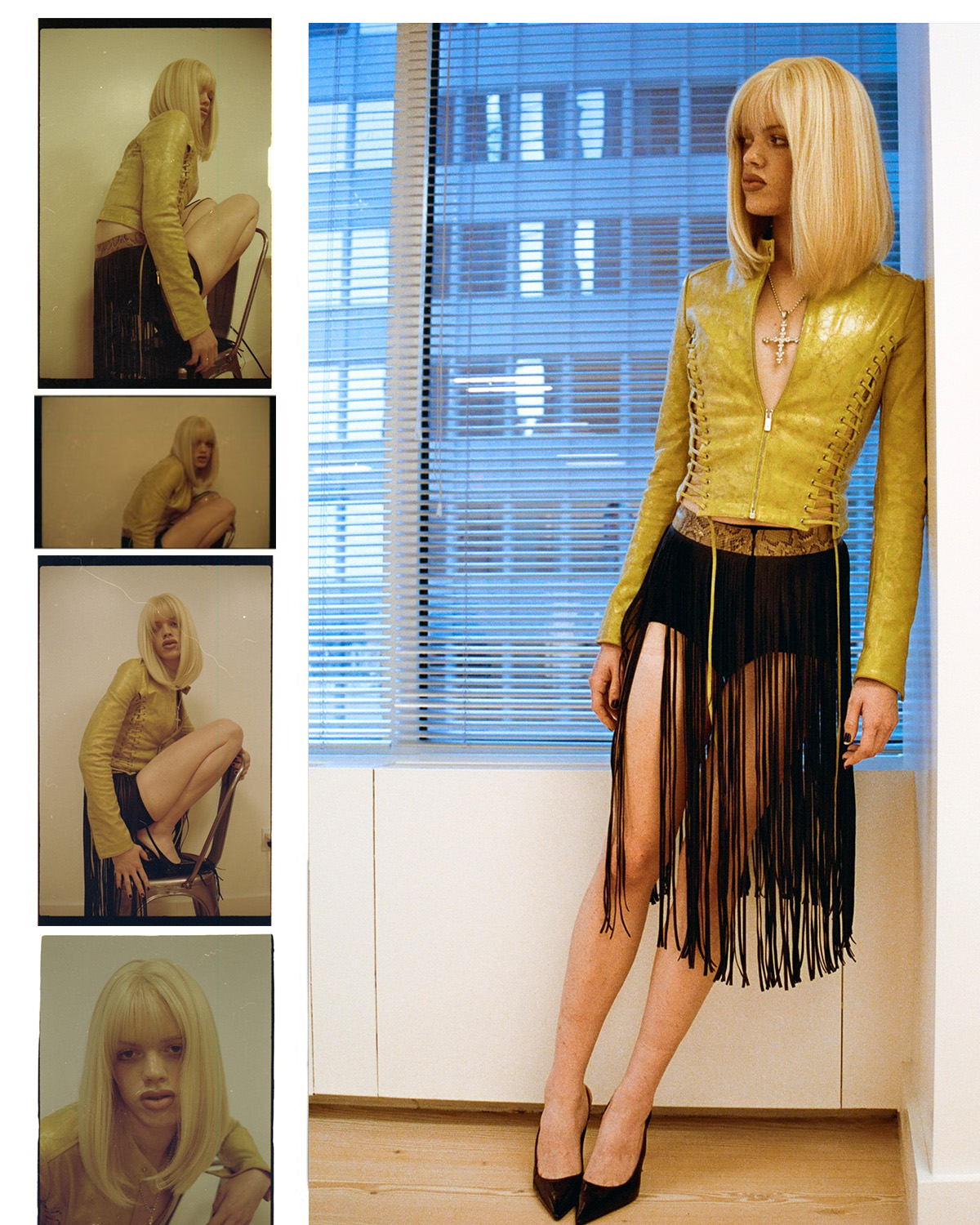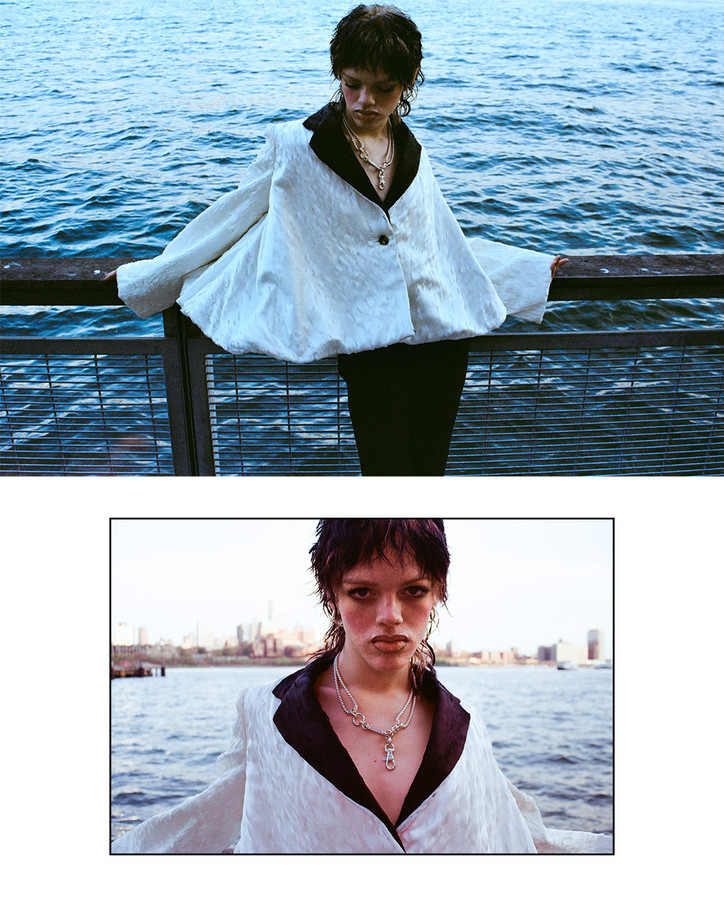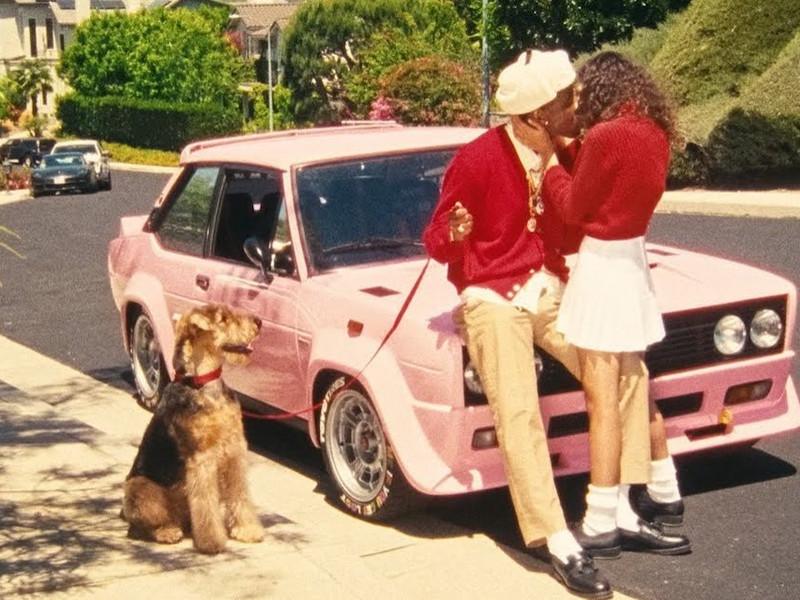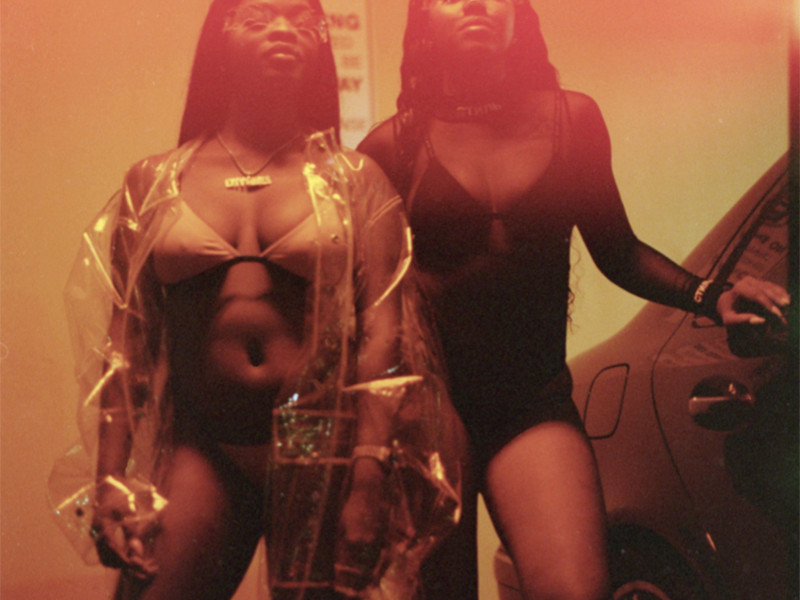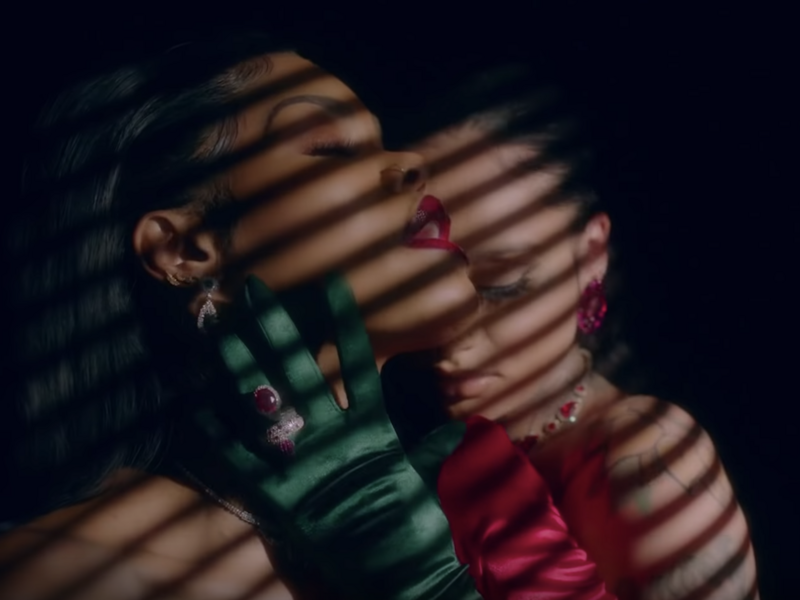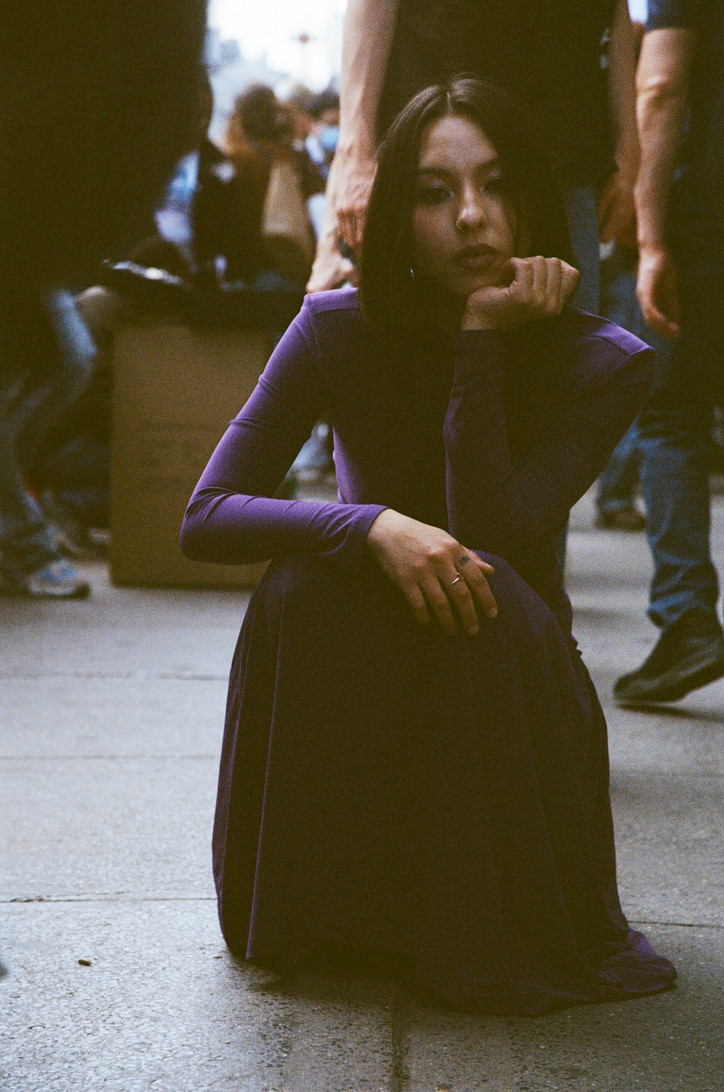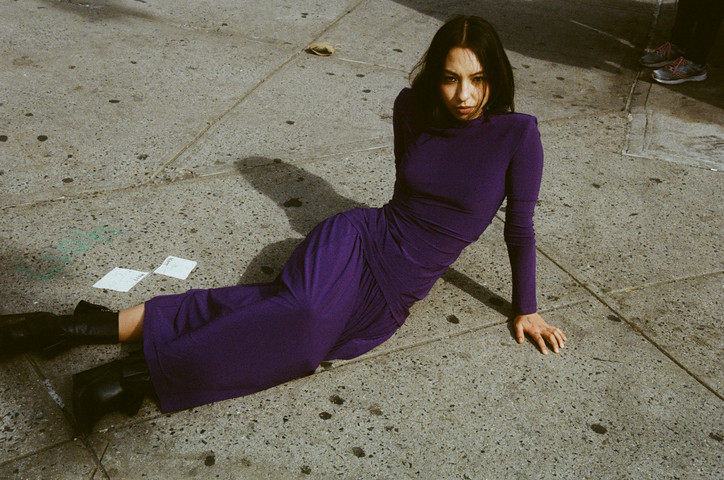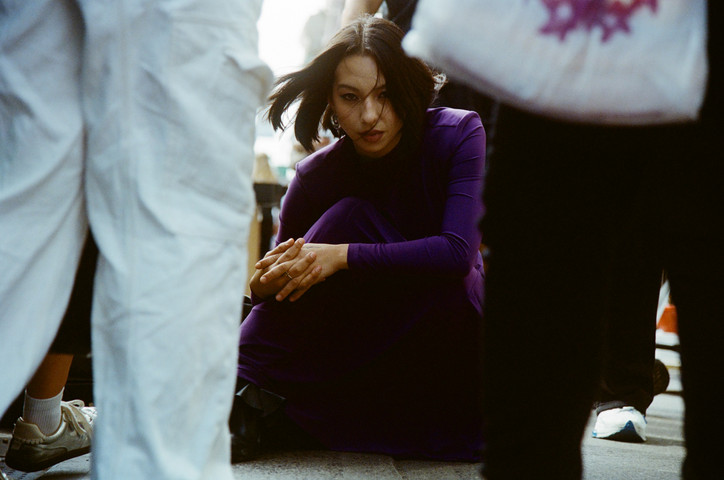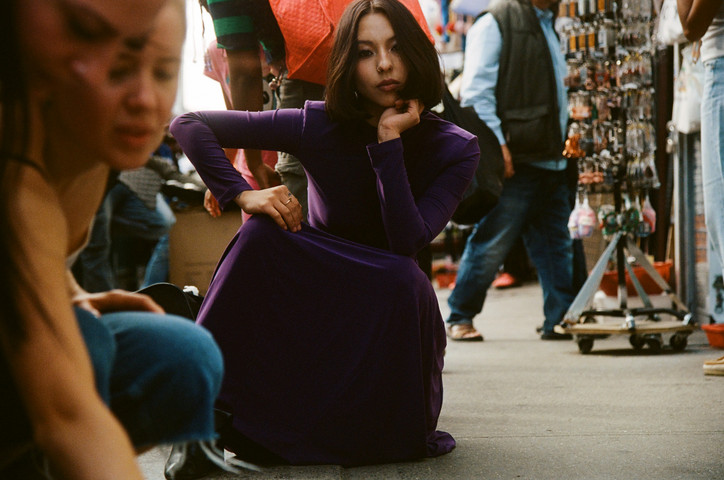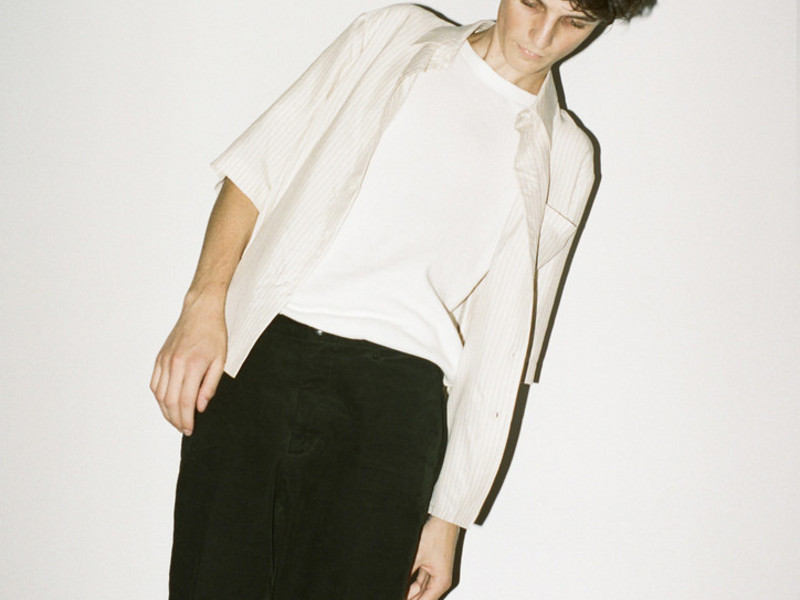Femme Fatale
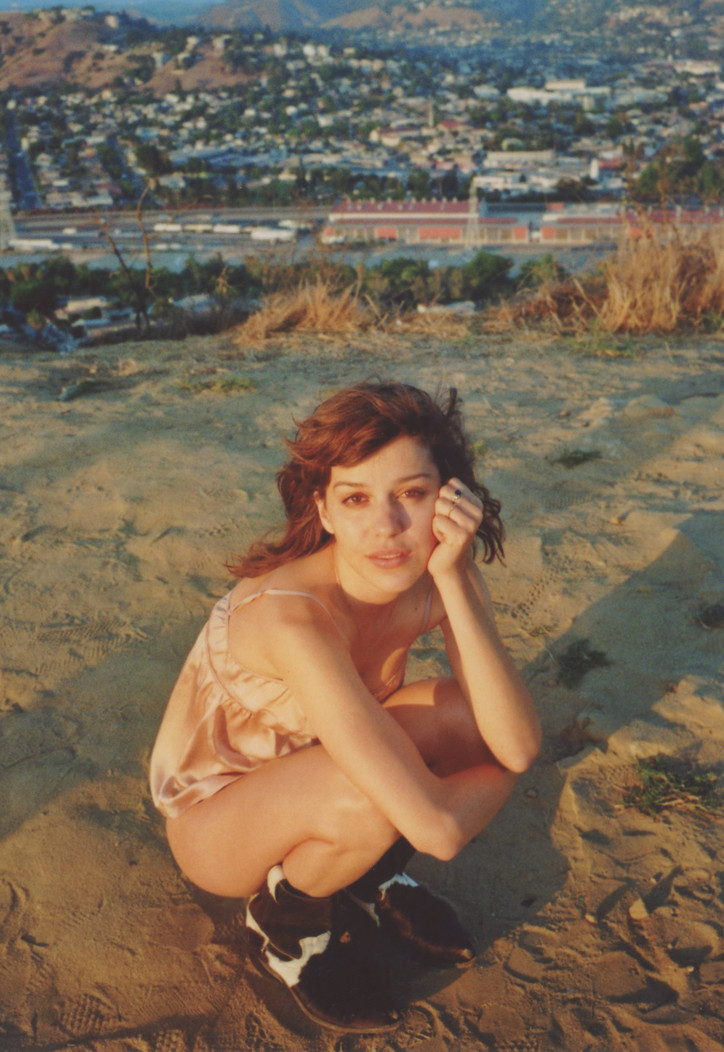
In her debut, "Poof," she sings about broken romance while trying to reclaim her power with the chorus, “I can make your world go poof.” Listeners can sense the tension between feelings of loss and heightened personal redemption. She’s a femme fatale; a seductress who will bring disaster' a “poof” to a man who is involved with her.
Yet, her vocals admit that while she was with her lover, like most, she felt pain. She sings, “I suck your dick and support your dream.” The words might be hard to admit for any ex, but Kemme makes the phrase an anthem. She’s honest about the role a woman falling in and out of love has to portray. With an education in film studies, Kemme is deeply inspired by cinematic music and female film archetypes.
She’s honest that while she has her own touch of darkness and smugness, she experiences hurt. With her music, she pulls us into uncomfortable and intimate places. Kemme and I sat down to discuss vulnerability, being a femme fatale and her up and coming EP.
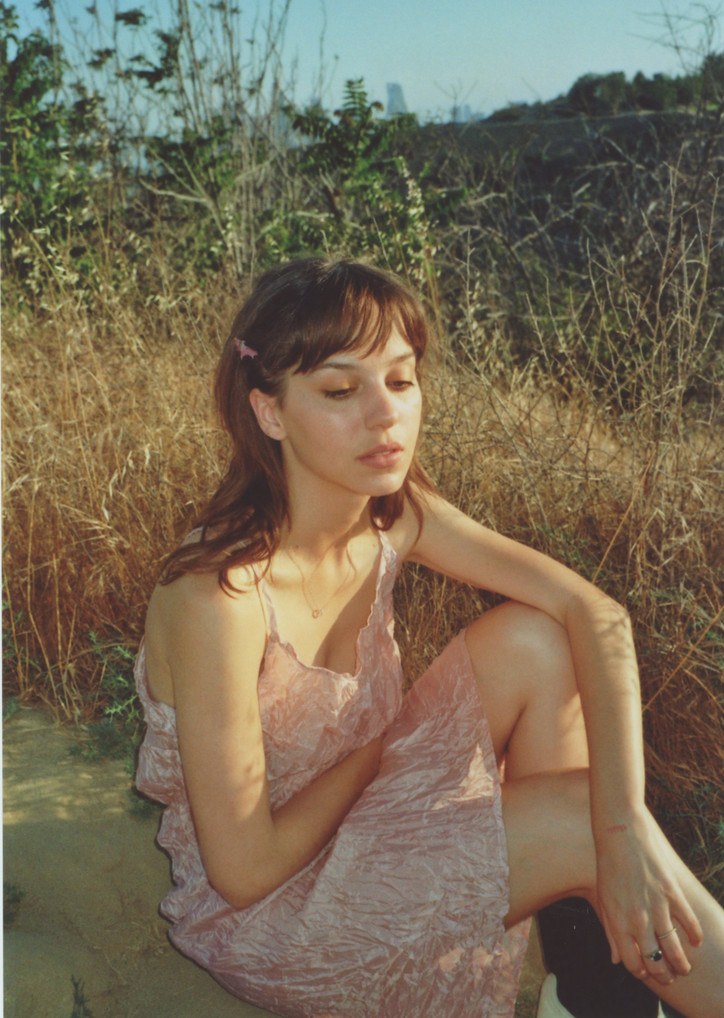
Tell me more about how you came to be making music.
Songwriting has always been a part of my life, but for a while, it was solely personal. It was really a circumstance of being in the thick of college where I was studying how to transcend and translate experience through music and film, and also having gone through a nasty breakup that I felt compelled to make sense and purpose out of the emotional poison inside of me.
Which particular female film characters do you reference in your work?
Holli Would from Cool World has been a huge part of putting together my first EP, My First Great Movie. She’s a tragic figure whose role is entirely dictated by the men around her. Her world lives somewhere between fantasy and reality, letting love and greed push her to ultimately realize herself. That’s Kemme in this EP.
Is Kemme a heroine or more of a femme fatale?
Definitely femme fatale: you will never hear me produce a song that doesn’t have at least a touch of darkness.
The music industry lives within entertainment. Do you feel like growing up around this industry can discourage authenticity?
I honestly don’t think there’s anything too inauthentic about the entertainment industry. I think my proximity to it has really only informed me in terms of my resources and learning what sells. But there’s something really special about writing music, for example, that appeals to the masses. There’s a great deal of authenticity when it comes to doing what sells, because that’s what (a lot of) people genuinely want. It’s a whole lot harder to make a song that 100 million people all love that has nothing to do with anything than to make a song that is honest and personal. I think there’s a lot more honesty in how people consume versus how they create.
Being vulnerable can feel tired in concept. How do you remain vulnerable without being cliché?
I just don’t think there’s any way to be vulnerable or candid and also be cliché. Being vulnerable may seem tired in concept, but every person has a different story to tell. So, as long as people are vulnerable, culture will keep progressing. Cliché and vulnerability lie at opposite ends of the spectrum of whatever the fuck I’m talking about—I’m already lost.
Your EP is set to be released by the end of this year. How does this work differ from your debut? Where can we see similarities?
The two pieces I’ve already released, “Poof” and “Too Deep,” are really just an introduction to the rest of the EP. As the EP follows different hyperbolized stages of heartache, each of the songs feel pretty fucking different. But it’s just one story about all these different roles women are prompted to fulfill when toxic men enter their lives. So to anyone with similar experiences, the tracks all feel pretty familiar, even when they may sound totally different. There’s a lot of sadness, anger and loneliness ahead.
